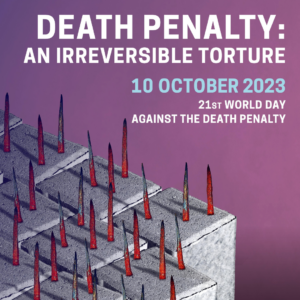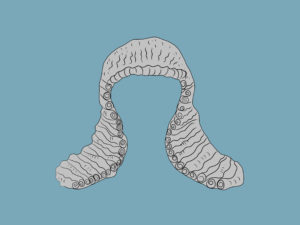
Devender Bhullar v National Capital Territory of Delhi
- News
- 31 Mar 2014
The Supreme Court of India has commuted the death sentence of Professor Devender Pal Singh Bhullar, one of the men convicted of the 1993 Delhi bombings, on the basis that both he is severely mentally ill, and that the excessive length of time taken by the President to answer Professor Bhullar’s petition for mercy amounted to a violation of the right to life.
Only last year, in April 2013, the Indian Supreme Court rejected Professor Bhullar’s writ to quash the decision of the President – which rejected his plea for clemency – on the basis that 8 years had elapsed from the filing of the petition to the President rendering a decision. It was said that the prolonged wait had caused agonising uncertainty for Professor Bhullar, to the extent that it breached fundamental human rights guaranteed under the Indian Constitution. But the Supreme Court held that commutation of death sentences, by reason of delay, was not open to persons convicted of terrorism offences.
However, in January 2014, in the case of Chauhan and Anr v Union of India and Ors, the Supreme Court revised its position, with the result that Professor Bhullar’s wife filed an additional petition in the Supreme Court requesting that it review its earlier refusal to commute her husband’s sentence.
The Government of Delhi conceded that the death penalty should not be carried out and requested that a life sentence be substituted.
The Death Penalty Project had assisted the UK Bar Human Rights Committee in the case, jointly calling for Professor Bhullar’s death sentence to be commuted.




















